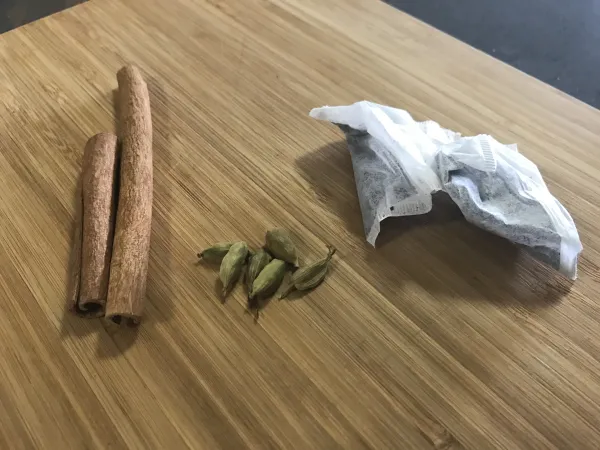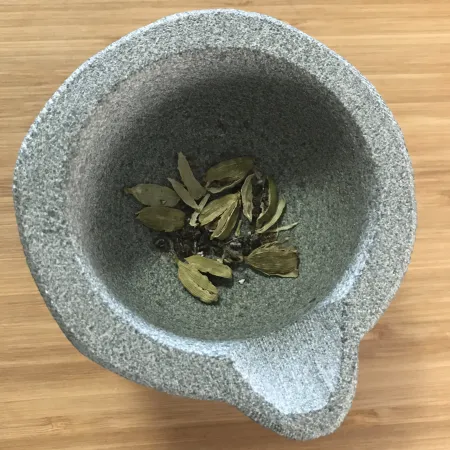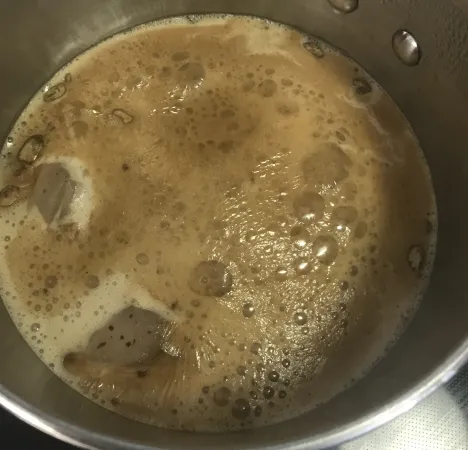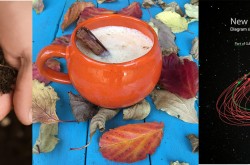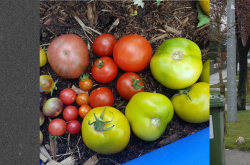Asian Heritage Month: The power of “Cha”


Known and loved around the world, tea has many names; translations indicate what part of the world one is from. In the Punjabi language we say “Cha,” emphasizing the ch- sound. Like Chai, the word Cha directly translates to “tea.” Used throughout history as a political, economic, social, and colonial tool, tea holds both tangible and intangible power throughout the world — in both positive and negative ways.
Growing up as the biracial child of a diplomat, I had a lot of exposure to cultures outside of my own but little exposure to my own heritage. It was my visits to extended family in Brampton that taught me to know, recognize, and appreciate what it means to be Punjabi.
While I have struggled with my heritage and identity over the years — never really feeling “Brown enough” — Cha has always been an emotional anchor. Though I didn’t start drinking tea until I moved to Wales for grad school (the irony of which is not lost on me), the smell has always been a tangible link to home and family.
Growing up, Cha was made all year round: after meals, when guests were visiting, and at events. Arriving at my Auntie’s house at 10 p.m. on a Friday night after driving down from Ottawa, you were guaranteed two things: a meal and a cup of Cha. After all the guests had left following my cousin’s Jaggo (a pre-wedding event wherein the bride’s mother’s brothers arrive and the wedding is announced to the neighbourhood), we crashed in the living room, struggling to keep awake over cups of Cha. On a Sunday morning with bagels and the crossword, Cha is a constant; I wouldn’t have it any other way.
I come from a family of dozens, and everyone makes it — and takes it — just a little bit differently. Measurements are not used often; instead we instinctively combine ingredients based on years of practice. So don’t be afraid to tinker with the ingredients when you make yourself a pot. Enjoy!
Classic Punjabi Cha
Ingredients
- 6 cardamom pods
- 2 cinnamon sticks
- 2 black tea bags (ex. Orange pekoe, English breakfast)
- 4 cups water
- 1 ¼ cup milk
- Sugar (optional)
Tools
- Mortar and pestle
- Pot
- Small strainer/sieve
Method
- Bring water to boil.
- Crush the cardamom pods using the mortar and pestle.
- Add the crushed cardamom pods, whole cinnamon sticks, and tea bags to the pot. Let boil for five minutes — you should start smelling the steeping spices.
- Add the milk and turn the heat to low, letting it continue to steep for about ten minutes. You should really be able to smell the Cha now. Don’t let it boil over!
- Pour the tea into cups, passing it through the strainer or sieve to catch the spices and tea bags.
- Optional: I like to sweeten my Cha the way my grandmother did, with two spoonfuls of sugar, but that is a personal preference.
Yields: 4 full teacups.


